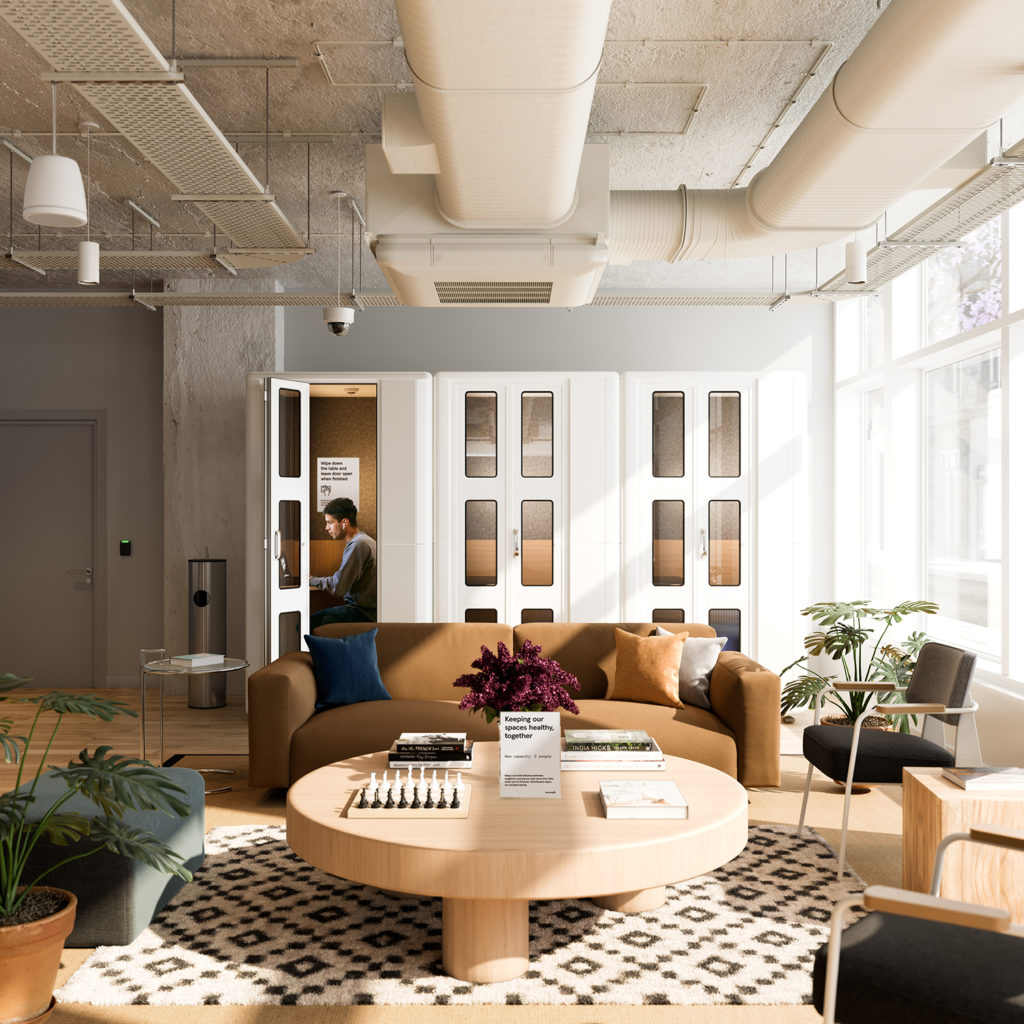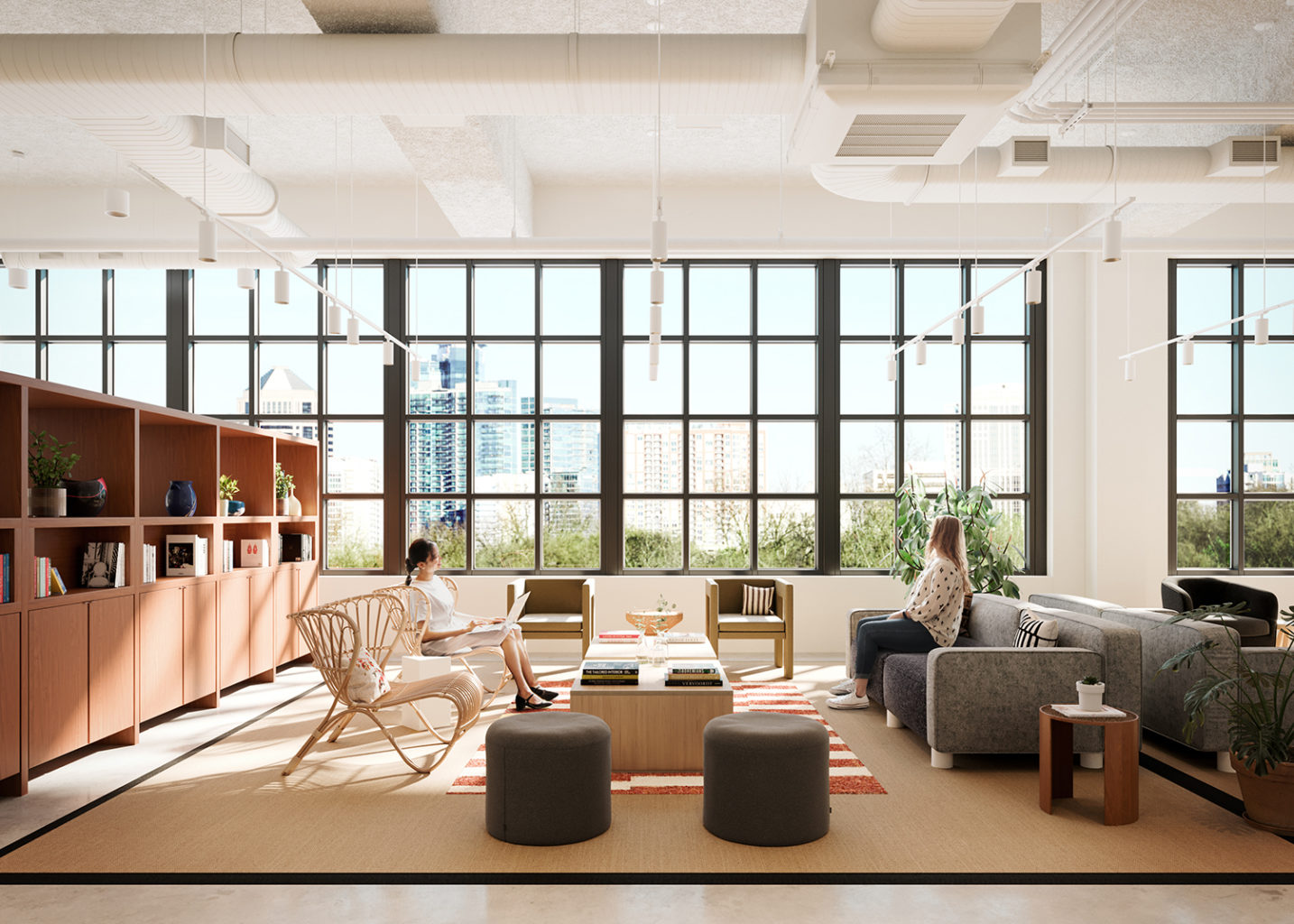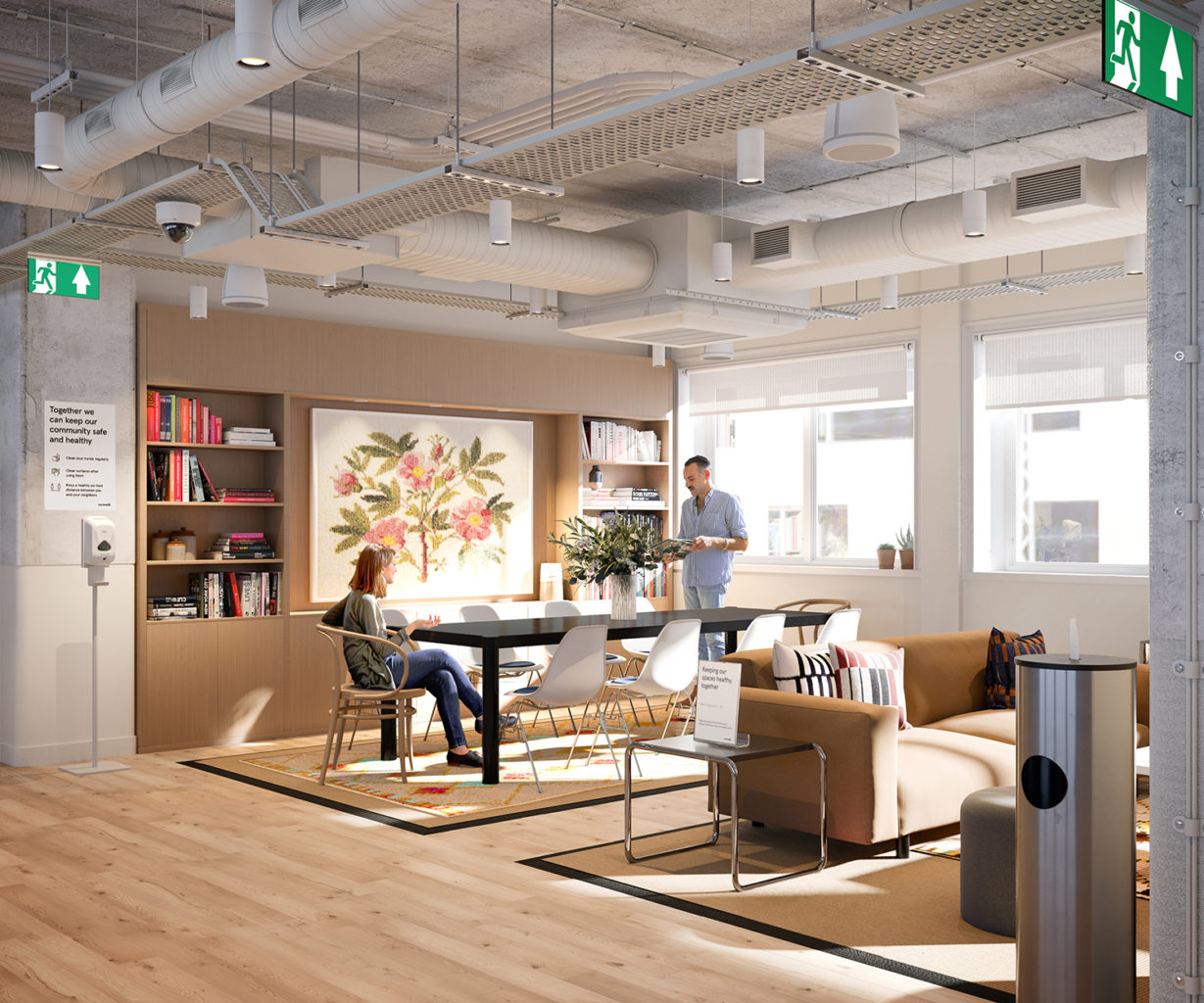In this time of crisis, As businesses across the Southeast Asia region undergo the process of transition and the slow, but inevitable adaption of the new normal, more companies in the Philippines are similarly navigating how to integrate social or professional distancing policies brought about by COVID-19 pandemic, and operationalizing these guidelines in the physical workplace.
The present situation has highlighted the need for learning and preparing for the future, and WeWork remains committed in setting a high bar for its enterprise partners to maintain safe workplaces that enable connection, collaboration and productivity.
In a statement, Ray Tan, Head of Growth, Southeast Asia, shared that WeWork is committed to protecting the health and safety of its communities, and focused on three main areas as they help businesses prepare for the new work order in shared spaces: professional social distancing, increased sanitation, and behavioral signages.

“For WeWork, the configuration of space to ensure experience and productivity is an area we are very familiar with from our 10 years of experience. We are working to de-densify high traffic areas and implement changes to shared spaces that include our lounges, meeting rooms and common areas through revised spatial guidelines and establishing buffer zones to further support our team members’ efforts and compliance to professional distancing,” he stressed.
“Our priority is to provide a safe environment to ensure member’s confidence in our space. Visual guides for community teams enable them to identify the appropriate seating and number of people in a specific area. New cleaning standards and capacity protocols will be reinforced with strategically-placed signage and friendly reminders to members and guests and cleaning measures have also intensified to ensure the health and wellbeing of our members,” he added.
Over the course of the outbreak, the WeWork team in Southeast Asia and the Philippines has spent time reviewing significant feedback with its members in tandem with working with industry partners and government bodies on health and safety, cleaning, construction, and design to install enhancements. While readjusting to the new realities during this period, the emphasis lies on balancing flexibility, health and wellness for re-entry back to the workplace.

WeWork has led fostering innovation and collaboration in the workplace for over a decade. Today, with over 600,000 members around the world, WeWork continues to redefine the future of work for more productive office environments reflective of the new normal.
Even as the key areas of WeWork’s future of the workplace plan – professional distancing, cleanliness, behavioral signage – are continuously evolving, WeWork continues to implement renewed workplace standards across their 828 locations.
“Our goal is to ease the transition back to the workplace by proactively revamping WeWork’s products, design and services to meet members’ new expectations for professional distancing and cleanliness, while maintaining our strengths as a partner of choice for turnkey, thoughtful and diverse space solutions.,” Tan highlighted.
Over the last two years, the enterprise segment has gained great traction for WeWork in the Philippines and across the region, with this representing 45% of our total memberships globally.
“Listening and collaborating with members is how we better understand their evolving workspace needs to keep pace with the varying scale of business operations, and further enhance standards for the industry,” said Tan.

WeWork may be synonymous with aesthetics and unique experiences but its functionality and flexibility have proven to be of even greater value for companies.
“Given the volatility in the economy and in their business needs, they are reassessing their long-term real estate needs. Whether it is re-evaluating long-term commitments or needing flexible space due to construction delays, leaders and enterprises are turning to us to help them navigate the situation simply because we have the scale to provide immediate options,” he added.
Along with shifts towards new sectors, new operations and new demands in the adoption of space-as-a-service, WeWork’s global platform allows members to effectively distribute their workforce from a centralized location to multiple smaller locations in a way that preserves connection and company culture. Balancing the same sense of familiarity and comfort with demands of professional distancing, the future calls for a new world of work that WeWork can deliver together.


